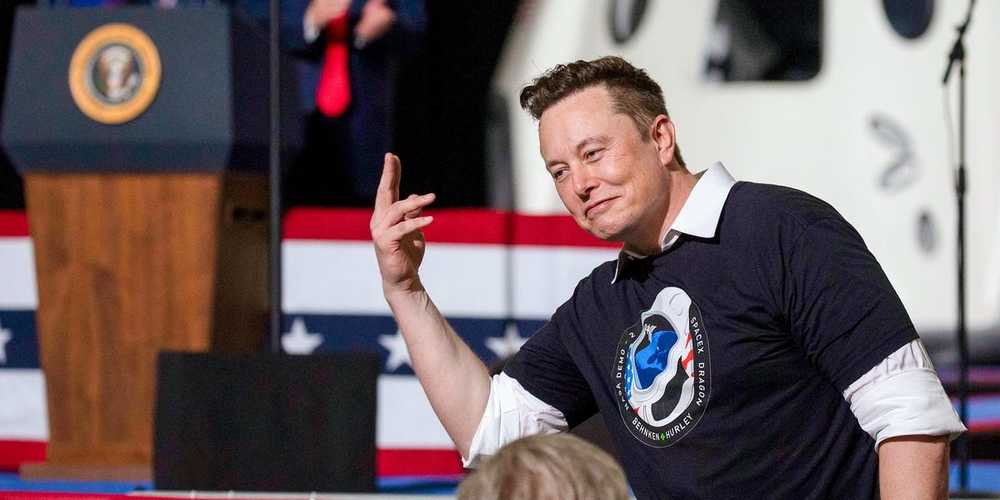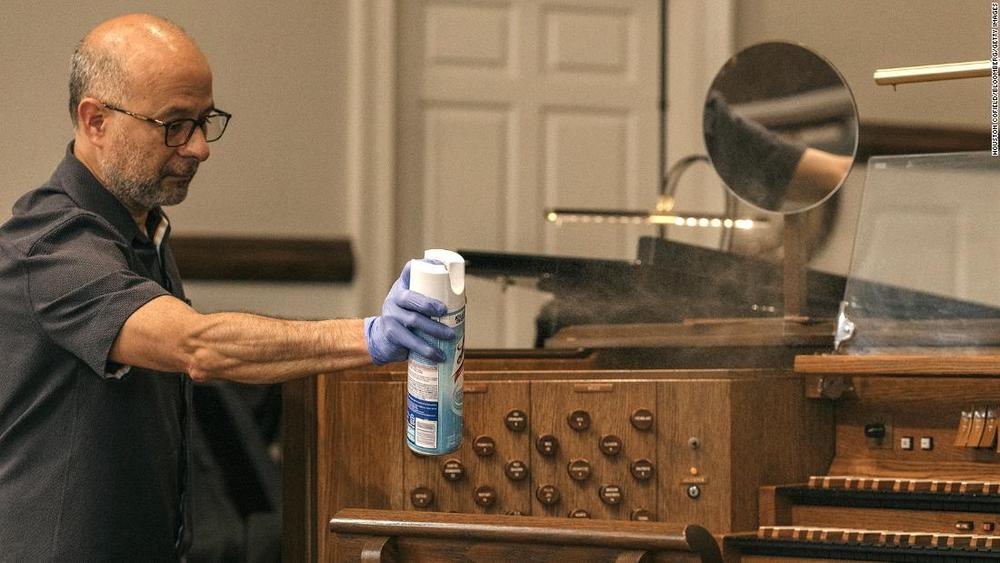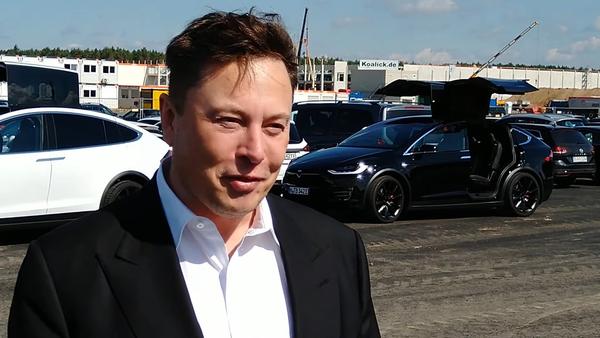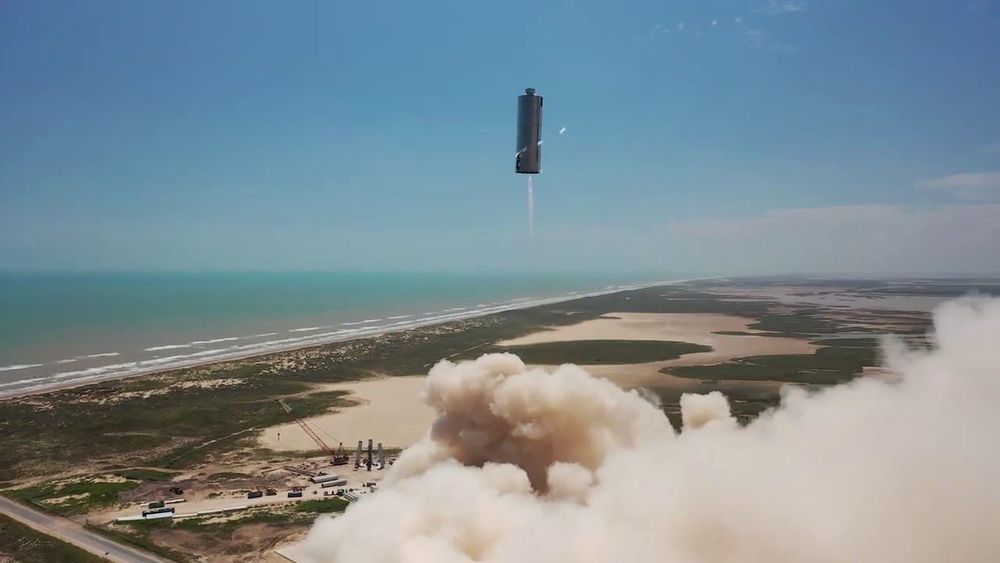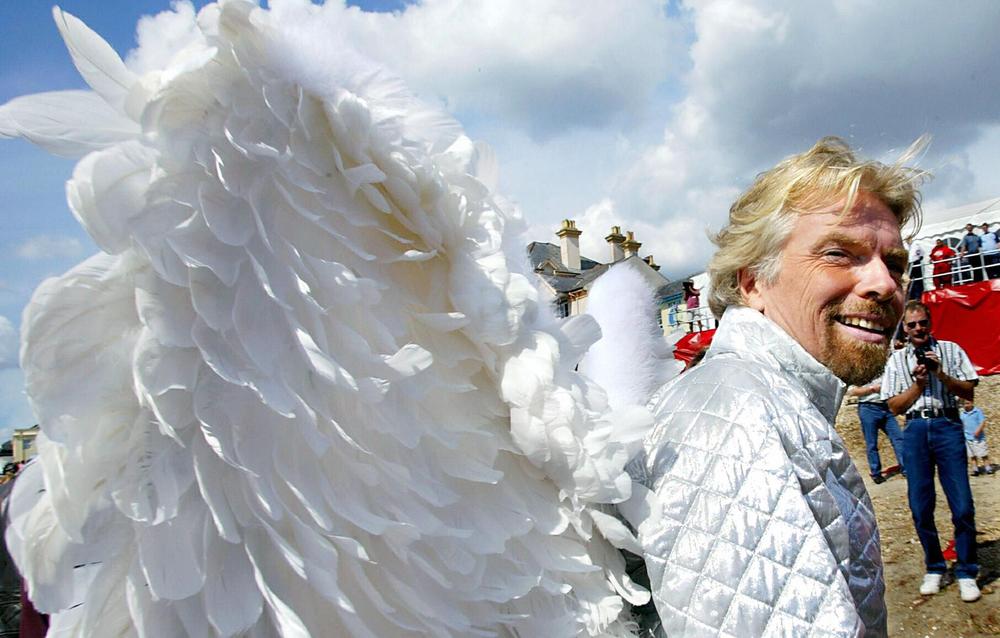
Fellow rocket man Elon Musk reacted with sympathy. “Sorry to hear that. Orbit is hard,” he tweeted, adding that it took his firm, SpaceX, four attempts before reaching orbit in September 2008. Branson himself “waited an hour” before getting on the phone to CEO Dan Hart. “His brain, as it does, just immediately turns to – ‘well how quickly can you try again’?” Pomerantz recalls, describing the mood in the room as the sun set in California as “a big step forward that nevertheless was nowhere near as big as we wanted it to be – we are a way better company than we were the day we did that launch, but we didn’t get to orbit.”
Back Of A Napkin
But for Pomerantz, Branson, Virgin and the watching entrepreneurial world, including competitors like SpaceX and Jeff Bezos’ Blue Origin, a larger question was answered: Could Richard Branson drop a rocket off the wing of a Virgin aircraft and call it a business?
